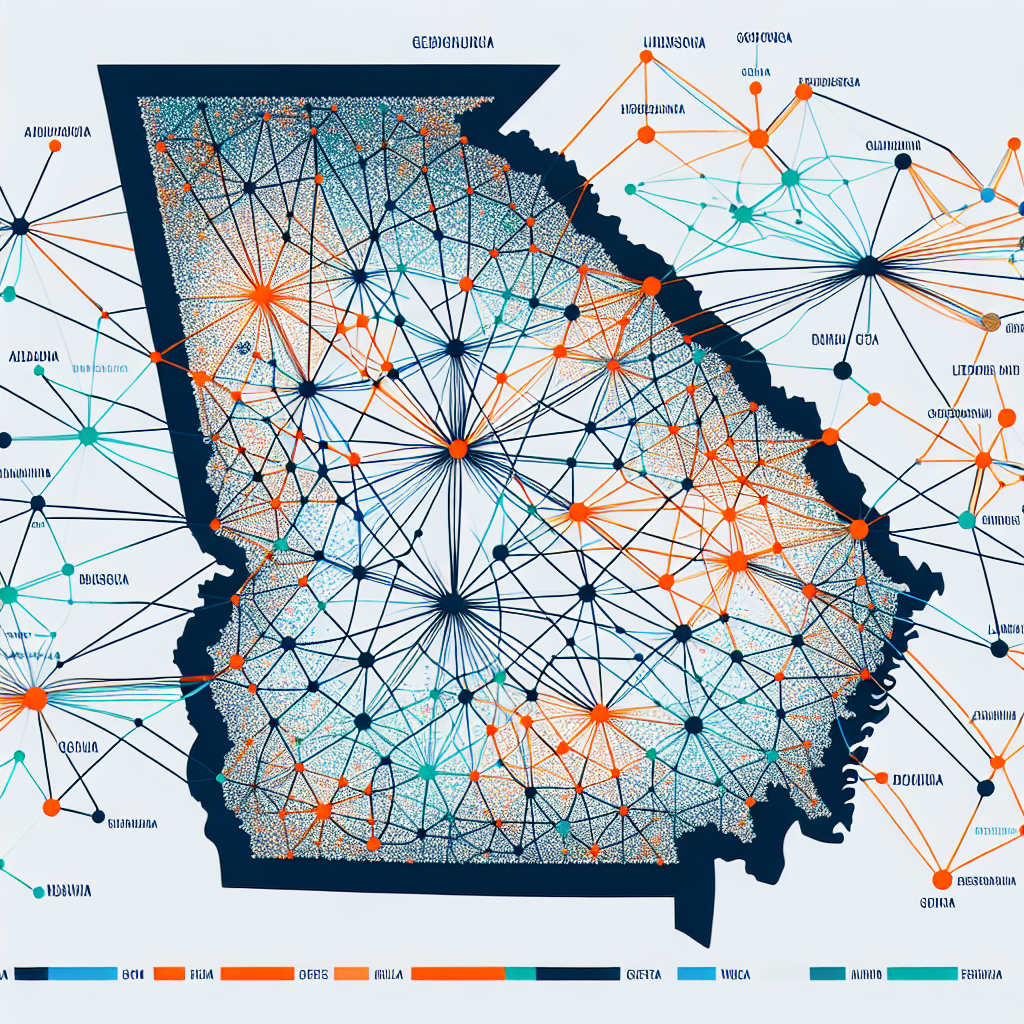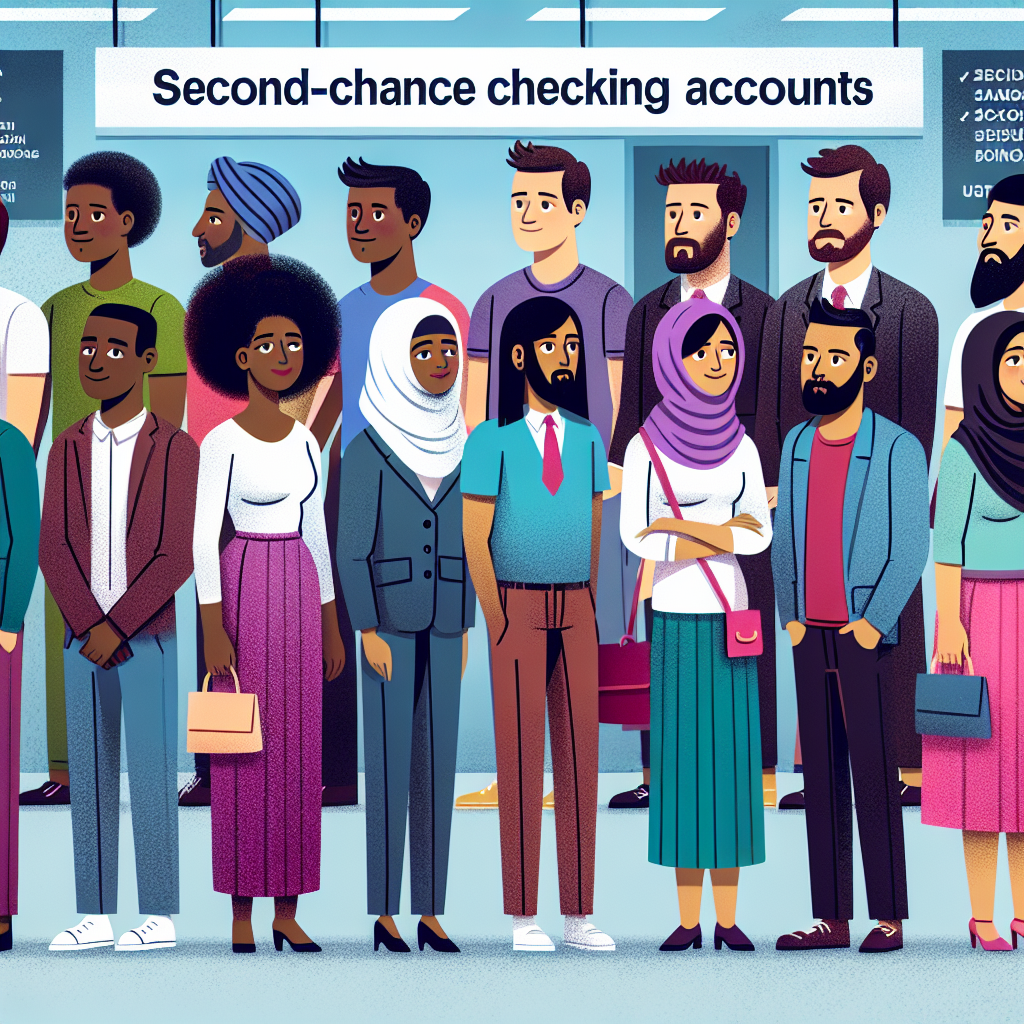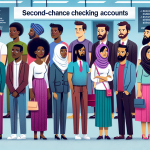Crucial Insights at a Glance
- Consult your credit card agreement carefully to determine if card sharing is even allowed; what’s legal isn’t always wise.
- Handing over your credit card, even with permission, can expose you to unexpected expenses and account headaches.
- Most credit card contracts forbid sharing and breaching those terms may lead to legal troubles or account suspension.
- If sharing is unavoidable, implement safeguards like spending caps, real-time alerts, and locking features to limit unauthorized use.
You’ve probably slid your credit card across the counter to a friend, family member, or coworker without a hitch, and they might have done the same for you. Lending your card to someone you trust feels low-risk, right? Especially when you’re slammed for time and send your kid off with the plastic instead. Though widespread, is it truly permissible—or smart—to let others tap your credit line, even with your blessing?
No matter the reason, handing your credit card over to another individual rarely stands as a wise safeguard for your financial well-being.
Is It Actually Okay to Share My Credit Card?
There’s no blanket federal or state statute prohibiting you from loaning your credit card to someone else. Often, the ease of lending a card to friends or relatives for a quick buy seems innocent enough to bypass second thoughts. However, many credit agreements don’t explicitly forbid sharing but emphasize that you bear full responsibility for all transactions. So, even if permitted on paper, this practice is far from being encouraged or advised.
Authorized Users vs. Informal Sharing
Some cardholders wonder, “What if I officially add someone as an authorized user or load my card to their digital wallet?” Before proceeding, dissect the fine print of your cardholder agreement to comprehend your card’s exact rules. If no explicit prohibitions exist, tread carefully. Remember, creditors maintain that you’re accountable for every penny spent on your card, regardless of who wielded it. Sharing blindly can unleash financial mayhem.
The Ripple Effects of Letting Others Use Your Card
Imagine this: You want to cover snacks for your office, so you send an intern armed with your credit card. Seemingly harmless, right? But then the intern drops your card down a storm drain while juggling drinks, or the cashier refuses payment because the name on the card doesn’t align with their ID.
In a worst-case twist, your trusted friend or relative might be accused of attempting fraud at checkout—rare, but not unheard of. Compared to a lost card, these are just the tip of the iceberg. Sharing your credit card opens up a Pandora’s box of risks like:
- Account termination if your agreement forbids sharing
- Complications and delays during fraud investigations
- Strained personal relationships over disputed charges
- Liability for unexpected expenses beyond agreed limits
- Potential legal repercussions for breaching contract terms
At the heart of the issue: you’re entrusting someone not vetted by the issuer with your credit privileges. Despite your permission, only you are legally bound to repay the balance—and bear the consequences if things go sideways.
A Cautionary Tale from a Bankrate Contributor
“Early on, I made the mistake of sharing my credit card with my live-in boyfriend. I set strict rules and collected payments monthly, but he impulsively maxed out the card without telling me, tanking my credit score and shaking my trust.
“When I contacted the issuer, they told me no fraud claim could be filed since I’d handed over the card voluntarily. I had to close the account and get a new card, but the damage lingered. Fortunately, he paid me back before we parted ways, but it was a harsh lesson.”
Federal protections, like the FTC’s usual $50 cap on fraudulent charges, fade when you voluntarily give someone your card. Lending your plastic makes you ultimately responsible for debts accrued.
Navigating Unauthorized Charges
Handing over your card can quickly unravel into unauthorized spending disasters. Suppose you send a friend to pick up party supplies with a $100 limit, only for them to return with $650 worth of extravagant gear. Tensions are bound to flare over the bill.
If disputes arise within family or friends, aim to resolve by demanding prompt reimbursement, including any interest. Then, immediately cancel the compromised card and request a fresh number from your issuer.
Steps If Reimbursement Is Refused:
- Alert your bank without delay — report the unauthorized use and compile evidence of questionable charges.
- File an identity theft report with law enforcement — credit card fraud is a criminal offense, and police involvement can kick off formal action.
Bear in mind, proving your case is tougher since you willingly handed over the card, and pressing charges might mean legal conflict with someone close.
Best Practices to Mitigate Sharing Risks
Though it’s wise to keep your card strictly to yourself, certain situations might compel lending. When you must, take proactive steps to guard your account and those involved:
- Activate automatic text or email alerts for transactions.
- Cross-check receipts against your statements regularly to catch unauthorized purchases.
- Immediately cancel and replace cards if compromised.
- Securely store all credit card statements.
- Suggest reimbursing the purchase via apps like Zelle or Venmo instead of direct card use.
If kids are your errand runners, write a permission note with your contact number for merchants to avoid confusion or declined transactions, protecting all parties from unnecessary suspicion.
For ongoing access, adding someone as an authorized user is generally a safer, more transparent approach.
Final Thoughts on Sharing Your Credit Card
Even if lending your credit card doesn’t violate your cardholder terms, it complicates control over spending and heaps substantial risk on your shoulders. If sharing breaches your agreement, you risk losing your account privileges and damaging your standing with the issuer.
While the convenience of passing your card to handle errands or purchases might seem harmless, it can leave you saddled with unexpected debts or sour relationships that might have been avoided entirely.
Quick Fact:
According to the Consumer Financial Protection Bureau, nearly 20% of credit card fraud involves authorized users or shared card details, illustrating how risky lending cards can be even among trusted circles.








